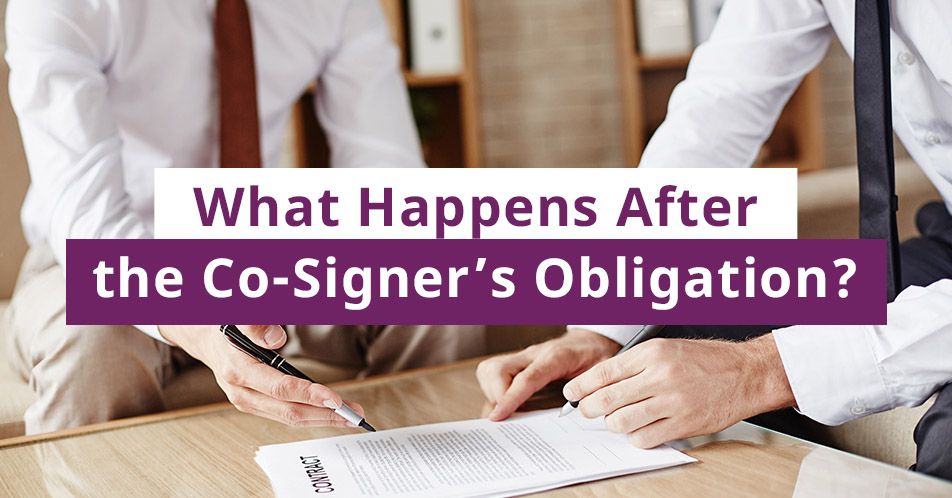
What Happens After the Co-Signer’s Obligation?
Bail is a specified amount of money that is required for an offender to be released from jail until their court date. The amount of bail varies depending on the crime; in some situations, the bail may only be a few hundred dollars or fewer, but in serious crimes, the bail will be much higher. Keep in mind that extremely serious crimes, rarely means the offender can be released on bail or if the person is considered a flight risk. If someone you know is allowed to post bail, but they cannot afford to pay the amount outright, a bail bondsman can help, but the person in jail may need a cosigner. If you choose to cosign for a bail bond, there are several things you should know beforehand.
Who Can Co-sign?
There are certain requirements for anyone who is attempting to cosign for a bail bond. For instance, you must be over the age of 21 at the time you are cosigning for the loan, you must be employed with the same employer for at least one year and you may be required to earn a certain amount each year. As the cosigner you must be a US citizen and have proof of residence.
Cosigner Responsibilities
After you cosign for the bail bond, the defendant will be released from jail, but as the cosigner, it is your responsibility to ensure they show up for their court appearance. If the defendant does not appear in court or if they leave the state, county or country, it is your responsibility to get them back to court or to report their whereabouts to the bonding company and the police.
What Happens if the Defendant Skips Bail?
If the defendant does not appear in court, and they cannot be located, as the co-signer, you are responsible for paying the full amount of the bond. If you have used collateral for the bond, such as your home or your vehicle, the property will be seized by the court for the payment.
It is extremely important that you are confident the defendant you are cosigning for will appear in court. You should not cosign for a bond unless you are comfortable doing so. In many situations, as the cosigner, you can include stipulations in the contract, such as only agreeing to cosign if the defendant agrees to certain requirements, such as completing a treatment program and if the defendant fails to comply with the stipulations, your signature as a cosigner may become void. It is important to talk with the bondsman before signing the contract to ensure you fully understand the requirements and if you have any stipulations you would like to include.
At Free at Last Bail Bonds, we understand the importance and urgency of reuniting families. If you or a loved one needs our services, we are here for you 24 hours a day at 470-410-3409.